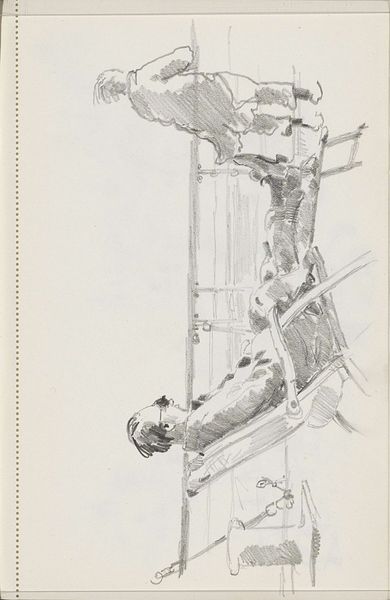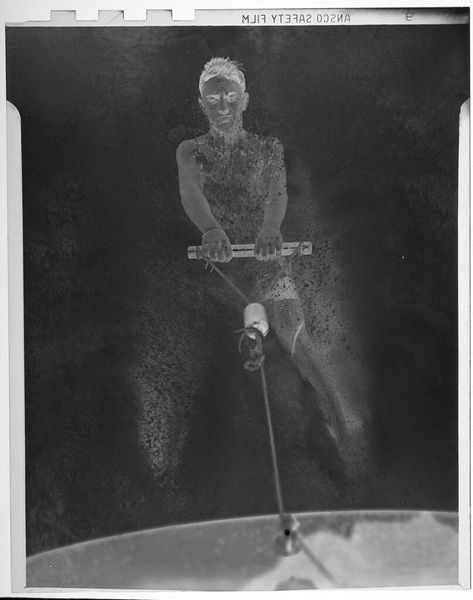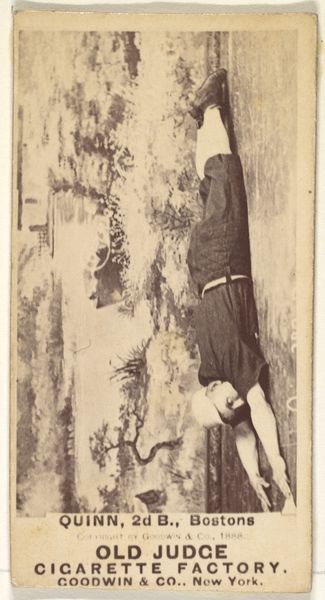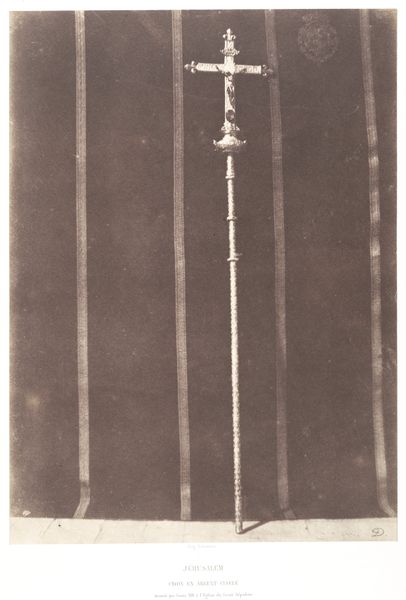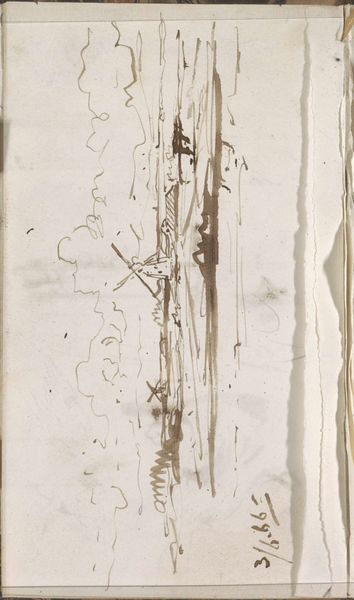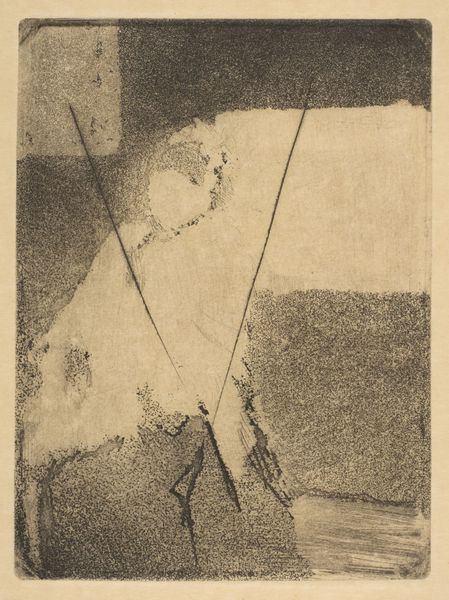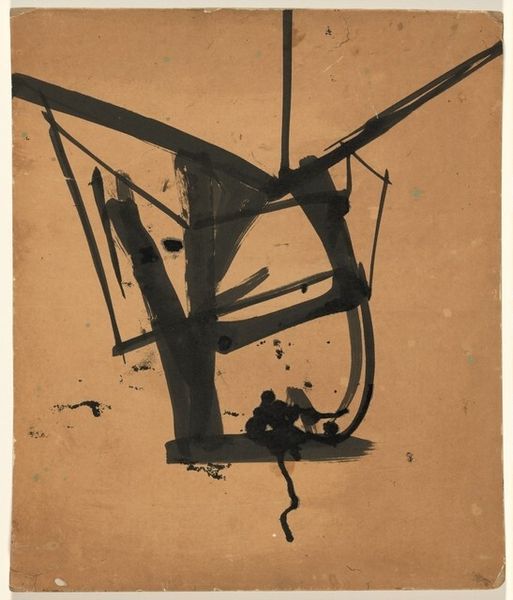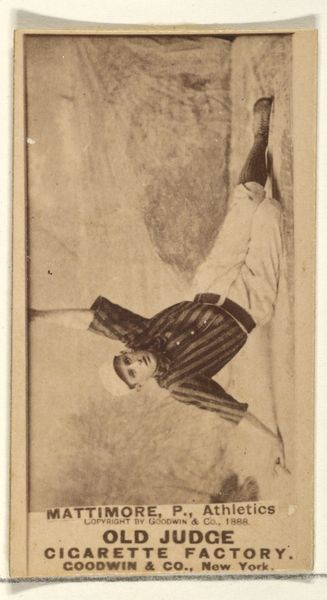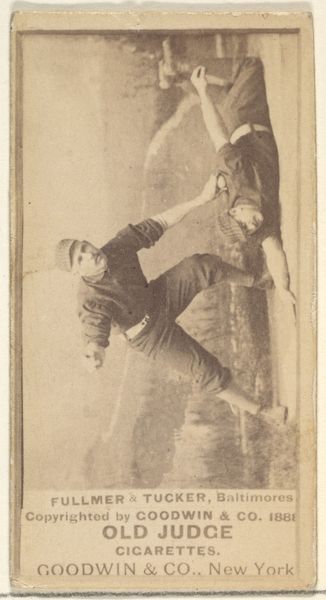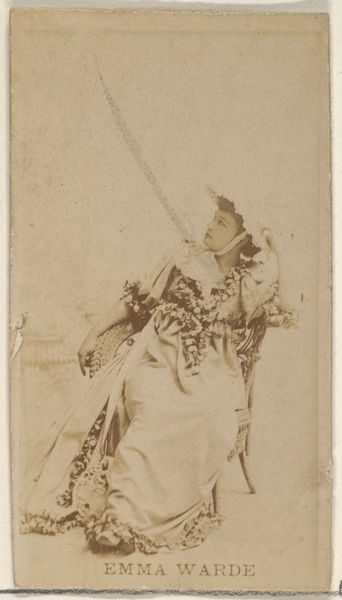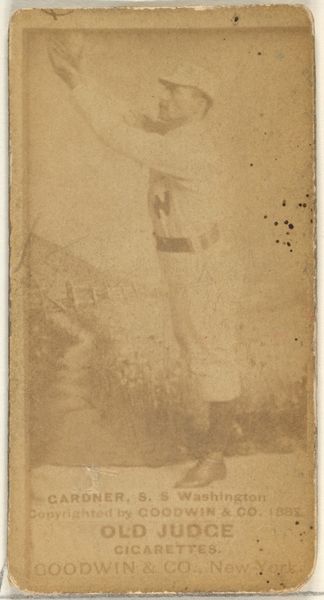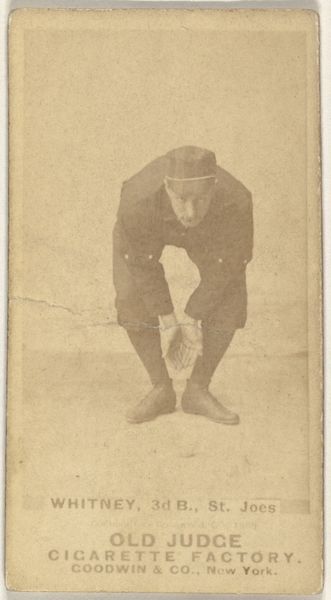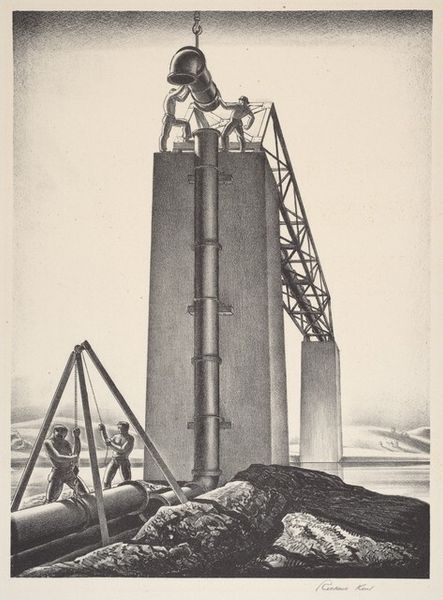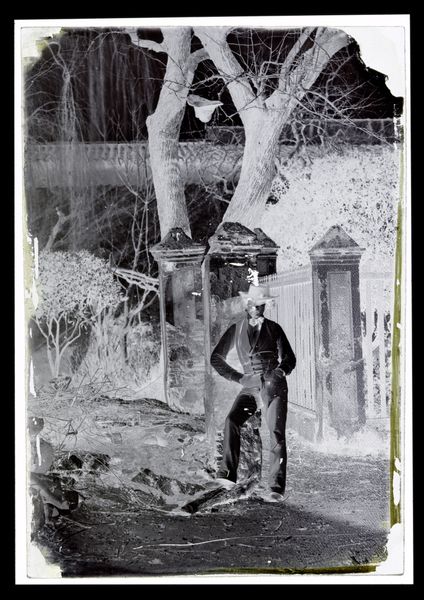![[Man on a Ladder with Disected Horse's Leg] by Thomas Eakins](/_next/image?url=https%3A%2F%2Fd2w8kbdekdi1gv.cloudfront.net%2FeyJidWNrZXQiOiAiYXJ0ZXJhLWltYWdlcy1idWNrZXQiLCAia2V5IjogImFydHdvcmtzL2MzN2NiYzE5LTM1MzQtNGFjZC04ZDQwLWZkY2E2NzVjNmM0OS9jMzdjYmMxOS0zNTM0LTRhY2QtOGQ0MC1mZGNhNjc1YzZjNDlfZnVsbC5qcGciLCAiZWRpdHMiOiB7InJlc2l6ZSI6IHsid2lkdGgiOiAxOTIwLCAiaGVpZ2h0IjogMTkyMCwgImZpdCI6ICJpbnNpZGUifX19&w=3840&q=75)
#
pencil drawn
#
amateur sketch
#
light pencil work
#
pencil sketch
#
incomplete sketchy
#
study drawing
#
charcoal drawing
#
pencil drawing
#
men
#
pencil work
#
graphite
Copyright: Public Domain
Editor: This is "[Man on a Ladder with Disected Horse's Leg]" by Thomas Eakins, from the 1880s, rendered in pencil. It feels almost surgical, this juxtaposition of the man and the dissected limb. What can you tell me about it? Curator: Well, consider Eakins’s material practice. He wasn't just sketching; he was dissecting, studying anatomy firsthand. This pencil drawing is born from labor, from the physical engagement with the horse's leg. We see the marks of its making in this work. How do you see it fitting into the artistic and industrial landscape of the 1880's? Editor: It makes me think of how industrialization influenced artistic methods. Eakins used scientific precision. Does the choice of pencil, a readily available material, further that connection? Curator: Precisely! Pencil, unlike oil paint, democratized artmaking. The means of production were accessible, relating back to Eakins's social sphere and the accessibility of education and anatomical study at the time. Did you notice how this access contrasts with the specialized knowledge being accumulated? Editor: I hadn't thought about the contrast, just the connection. Curator: Look at the work as a physical document of Eakins's process, his engagement with material, and, by extension, with labor and industrial culture. Its seeming simplicity is deceptive, isn't it? Editor: Yes, I see it now. Thanks to understanding its materiality, I better appreciate the labor involved and how this ties to its context. It is much more than a sketch! Curator: Indeed. Considering art through its materials unveils fascinating layers of meaning.
Comments
No comments
Be the first to comment and join the conversation on the ultimate creative platform.
